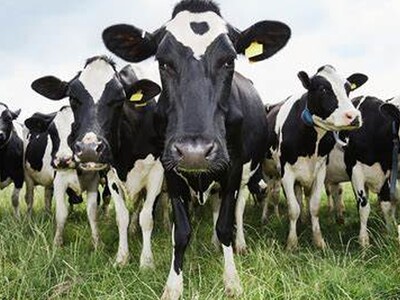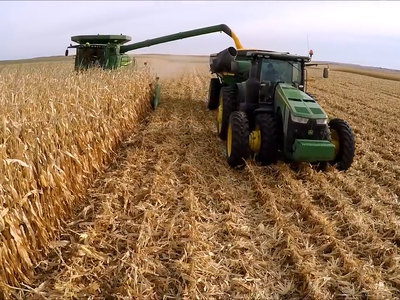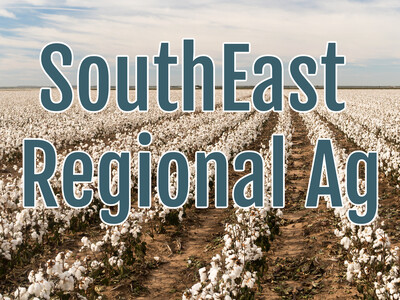Hog Virus Spreading & Big Weather Changes
Hog Virus Spreading & Big Weather Changes plus Food Forethought. I'm Greg Martin with today's Northwest Report.Add Nebraska to the list of states being hit by the deadly pig virus called the Porcine Epidemic Diarrhea virus. With Nebraska, the number of states dealing with the never before seen virus is up to 20 across the pork belt. The virus was just discovered this past May and has fueled market concerns that U.S. hog supplies will decline steeply next spring and summer. Hog epidemiologists have found that a large number of very young piglets infected with the virus die.
If everything holds true we may be in for a bit of a change weather-wise according to meteorologist Brad Rippey.
RIPPEY: The mechanism that was locking cold air in place across the United States in early December and led to the bitterly cold conditions across the plains and Midwest, the California freeze - that mechanism, the high pressure system over the northern Pacific Ocean has broken down and that is allowing much milder air to overspread the majority of the country and indications are looking forward for the second half of December as well as into January and February we will see relatively mild conditions in the majority of the country.
Now with today's Food Forethought, here's Lacy Gray.
An emergency stay on domestic horse processing in the United States was lifted late Friday by the 10th federal appeals court in Denver, which means that horse processing plants could have FSIS inspectors in the very near future. The appeals court panel announced its ruling that animal rights groups had "failed to meet their burden of proof" necessary for continuing an injunction. Just last month the HSUS was granted the temporary emergency injunction continuing to prevent USDA inspections at processing plants that had been approved for horse slaughter. This now leaves just a couple of issues to be resolved on the state level which are expected to be cleared up in a matter of days. The New Mexico plant has been granted a waste water lagoon permit and the same is expected to transpire shorty for the plant in Missouri. HSUS has of course done its typical and stated that it will "continue to fight for America's horses". There's no doubt that this volatile issue will continue to divide horse rescue and animal welfare groups, ranchers, politicians and Indian tribes about what is the most humane way to deal with the country's horse overpopulation and the rising number of neglected and starving horses around the country.
Thanks Lacy. That's today's Northwest Report. I'm Greg Martin on the Ag Information Network.















